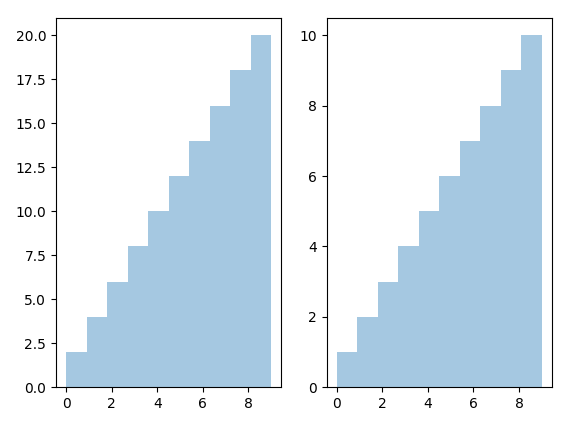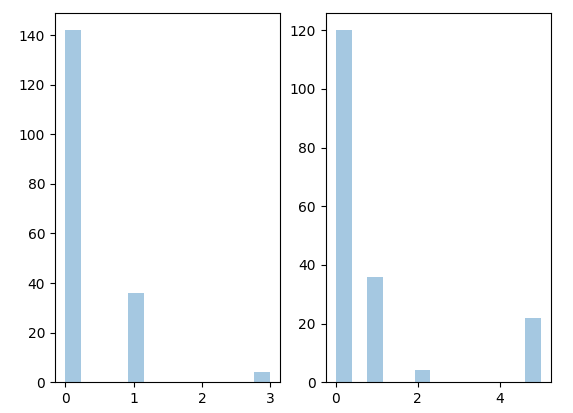C++ implementation of the Wasserstein distance (or earth mover's distance)
A: Values observed in the distribution A
AWeights: Weight for each value of A
B: Values observed in the distribution B
BWeights: Weight for each value of B
std::vector<double> av = {3.4, 3.9, 7.5, 7.8};
std::vector<double> aw = {1.4, 0.9, 3.1, 7.2};
std::vector<double> bv = {4.5, 1.4};
std::vector<double> bw = {3.2, 3.5};
dist = wasserstein(av,aw,bv,bw);
The earth movers distance is: 0
The earth movers distance is: 0.582418
View testdist.cpp to see examples on how to use
g++ testdist.cpp -o test -I..
./test
The earth movers distance is: 0
The earth movers distance is: 0.582418
The earth movers distance is: 4.07813
The earth movers distance is: 0.25
The earth movers distance is: 5
You can run the Python script that calls scipy's implementation for reference:
python dist.py
The earth movers distance is: 0.0
The earth movers distance is: 0.5824175824175825
The earth movers distance is: 4.078133143804786
The earth movers distance is: 0.25
The earth movers distance is: 5.0

